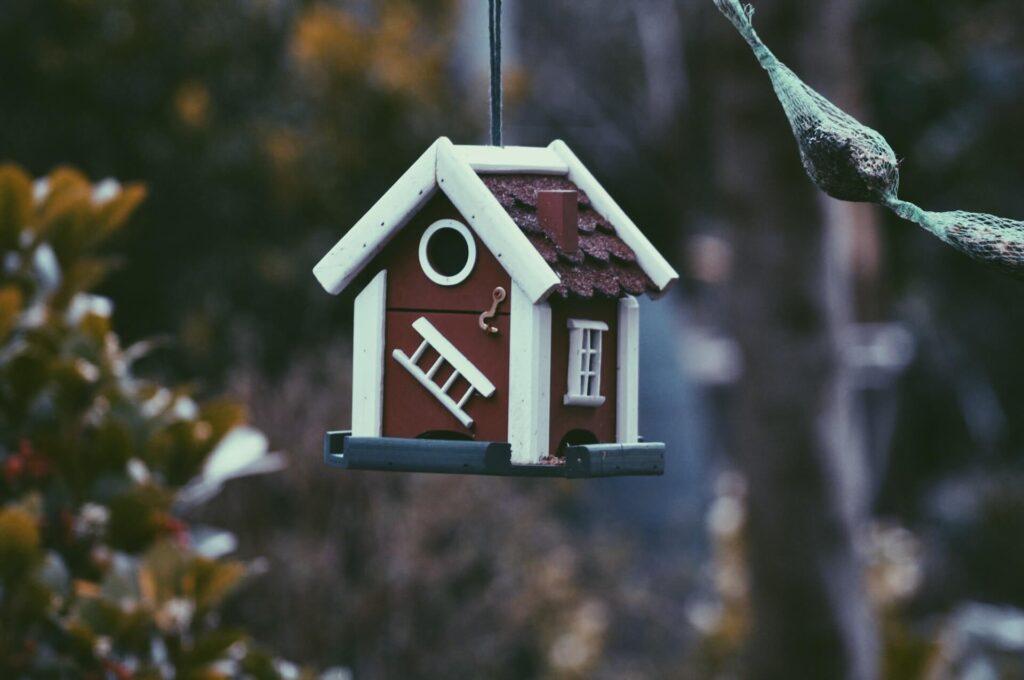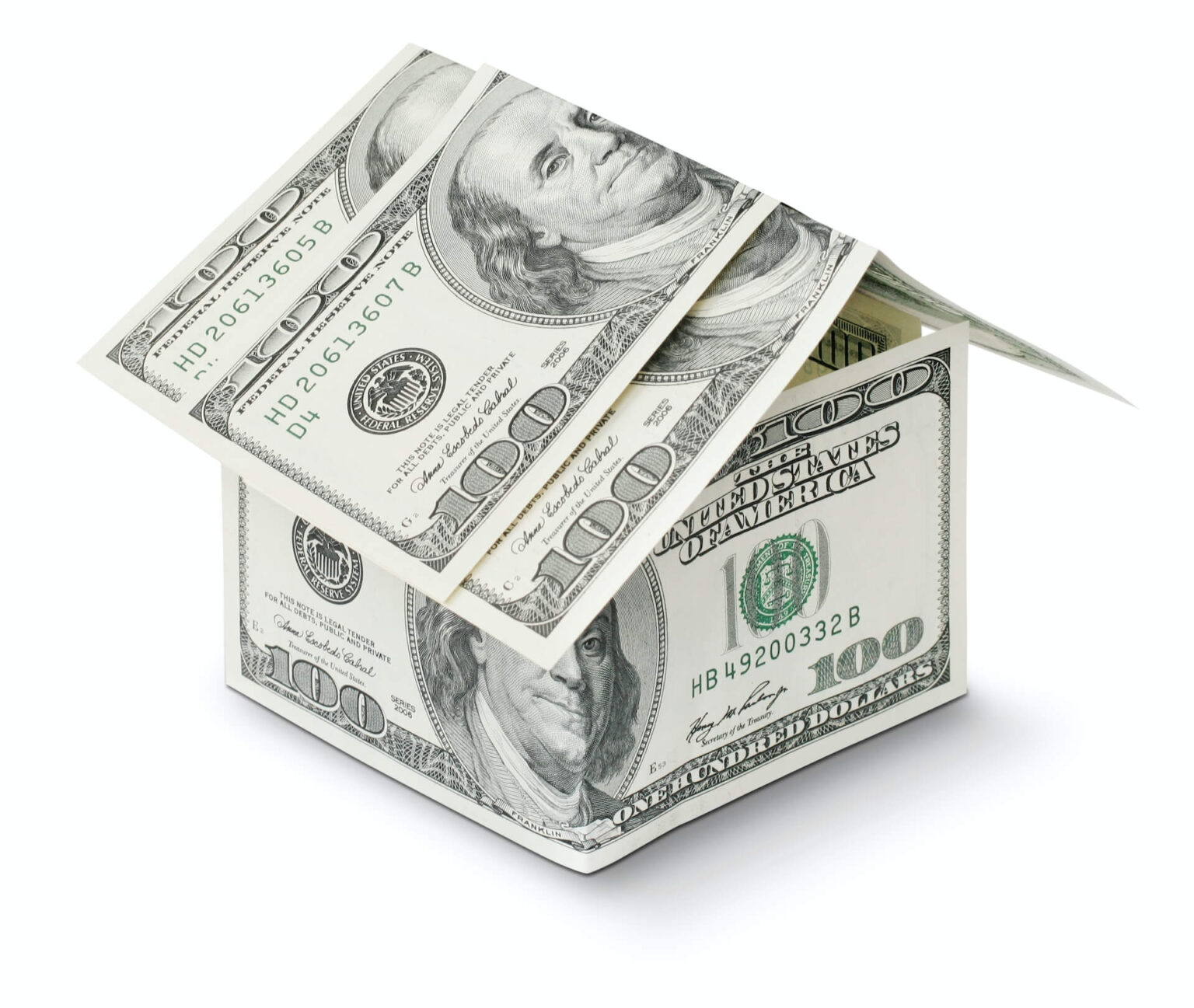Owning a home is one of the biggest investments you will ever make. You’ve put in time, money, and effort into making your house a home – but have you protected it? Home insurance can provide peace of mind when the unexpected happens.
In this blog post, we’ll go through essential insurance policies every homeowner needs to safeguard their residence against costly damages or accidents. From traditional homeowners’ policies to flood insurance and everything in between, let’s explore how these coverages can help protect what matters most to you.
Types of Homeowners Insurance
Every homeowner should have insurance to protect their home and belongings in the event of damage or theft. Homeowners insurance is a type of property insurance that covers your home and contents in the event of a fire, wind damage, theft, or other disasters. There are several different types of homeowners insurance policies available, so it’s important to understand what each one covers.
The most basic type of homeowners insurance is called HO-1 coverage. This policy covers your home and possessions against eleven different perils, including fire, smoke damage, lightning, windstorm, hail, explosion, and more. HO-2 coverage is similar to HO-1 coverage but adds protection against four additional perils: freezing of plumbing systems, accidental overflow or discharge of water or steam from within a plumbing system, volcanic eruption, and falling objects.
HO-3 coverage is the most common type of homeowners insurance. It provides comprehensive protection for your home and possessions against all risks except those specifically excluded in the policy. Some of the exclusions typically found in HO-3 policies include floods, earthquakes, war, nuclear accidents, and intentional acts (such as vandalism).
HO-4 coverage is also known as renters insurance. It protects your personal belongings against the same perils covered by an HO-3 policy (with the exception of flood and earthquake damage), even if you don’t own your own home. When choosing a home insurance policy, it’s important to understand the different types of coverage available and select one that meets your needs. Plus, there are other optional coverages you can add to your policy for additional protection.
What Does Homeowners Insurance Cover?
Homeowners insurance is one of the most important insurance policies you can have. It protects your home and belongings in the event of a covered loss, such as fire, theft, or vandalism. It also provides liability coverage if someone is injured on your property.
A typical homeowners insurance policy will cover:
• Damage to your home and other structures on the property, such as a shed
• Your personal belongings inside the home, including furniture and electronics
• Loss of use, which covers additional living expenses if you can’t live in your home due to a covered loss
• Personal liability coverage if someone is injured on your property
• Medical payments coverage for minor injuries that occur on your property
• Additional coverage for costly items such as jewelry or art.
How to Choose the Right Homeowners Insurance Policy
There are a few things to keep in mind when choosing the right homeowners insurance policy for you. First, you’ll want to consider the value of your home and possessions. This will help you determine the amount of coverage you need.
Second, think about any potential risks to your home, such as floods or earthquakes. You’ll want to make sure you’re covered against these perils if they’re relevant to your area. Consider your budget and choose a policy that fits your needs and financial situation.
By keeping these factors in mind, you can be sure to find the right homeowners insurance policy for you and your family.
Tips for Lowering Your Homeowners Insurance Premiums
There are a few things you can do to lower your homeowners insurance premiums. One is to raise your deductible. Your premium will go down as your deductible goes up. Another is to shop around and compare rates from different insurers. You may be able to find a better deal by switching companies.
You can take steps to make your home more disaster-resistant. This could include installing storm shutters or upgrading your electrical system. By taking these steps, you can lower your risk of having to file a claim, which will save you money on your premium.

Homeownership comes with a lot of responsibility, and one of the most important aspects is having the right insurance coverage. We hope that this article has helped you understand what essential insurance policies every homeowner should have in place for peace of mind. From fire insurance to flood coverage, an ounce of prevention is worth a pound of cure when it comes to protecting your home from potential disasters. Make sure you research different policies and get quotes from multiple providers to find the best fit for your budget.








